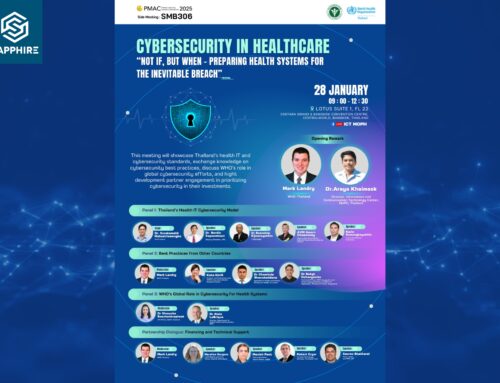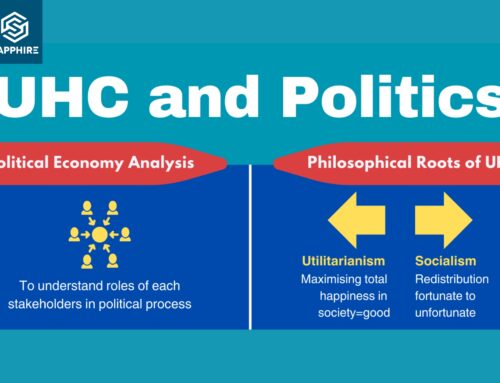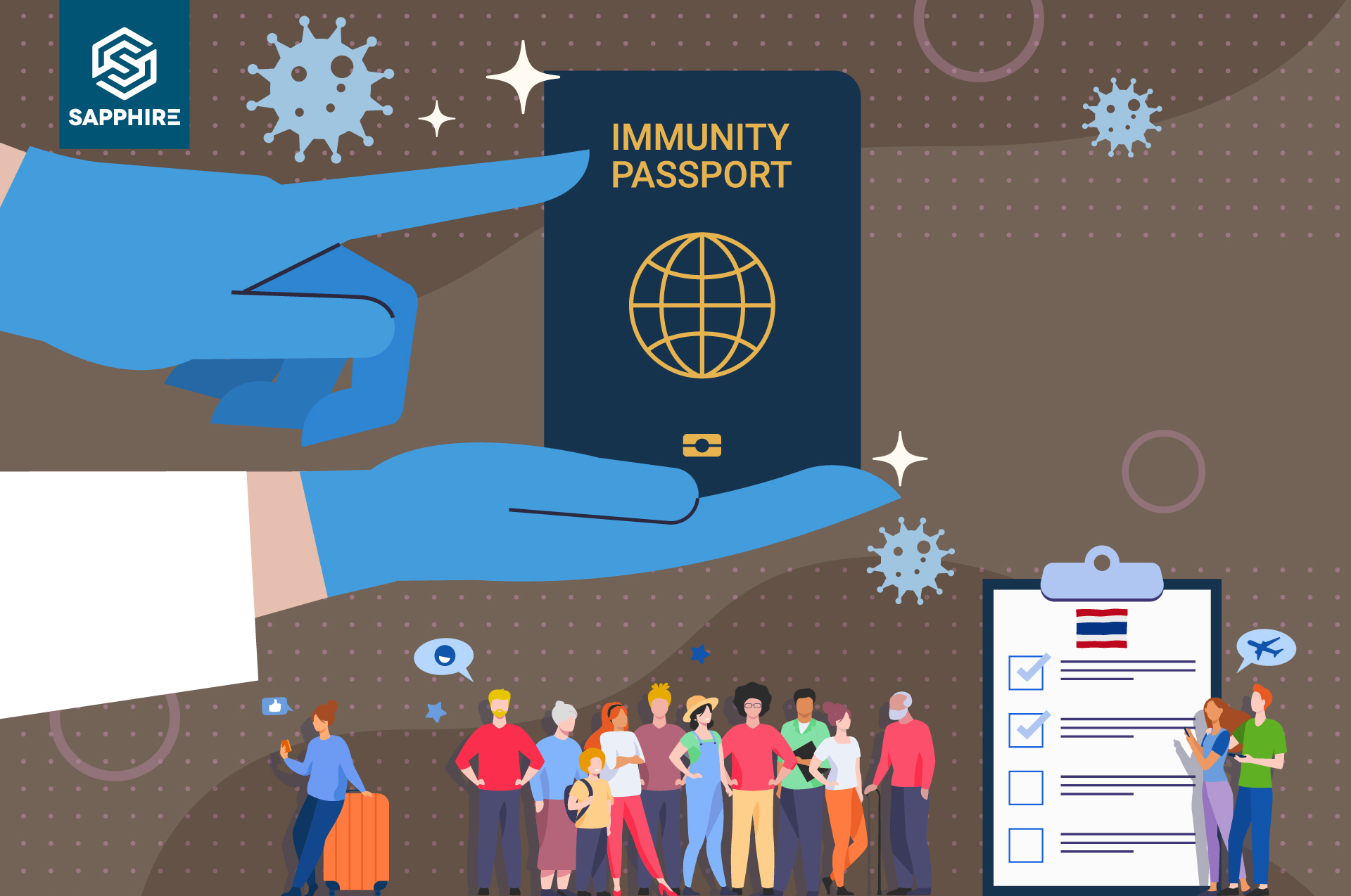
On the road to recovery from the COVID-19 pandemic, countries are either contemplating or are in the process of using travel instruments such as vaccination certificates or vaccine passports as a means of safely re-opening economies and societies in some capacity. Across the world, those with such travel instruments have been able to travel across borders and participate in community and social events to varying degrees. In Thailand, the Phuket Sandbox initiative allows fully vaccinated individuals to roam the island without having to undergo quarantine upon arrival, a policy that is now being extended to nearby islands. The Thai Ministry of Public Health recently launched an app where fully vaccinated individuals can access their “Digital Health Pass”. The use of this Pass for domestic purposes such as dining at restaurants, is currently under consideration although this is being contested, given that about 22% of the population has been fully vaccinated (as of September 20, 2021). This means the application of the Digital Health Pass will not cover the rest of the individuals who are either partially inoculated or unvaccinated, including those who are not able to access to digital technologies. Indeed, this can aggravate the existing social gaps and inequities.
To understand these dynamics, we are conducting online surveys among the public and key stakeholders in countries across Asia to understand their views on this topic, as part of the COVID-19 Vaccination Policy Research and Decision Support Initiative in Asia (CORESIA). The findings will be shared with national and regional policymakers for their consideration.
A glimpse of preliminary results from Thailand
Between June and August 2021, we received 1,103 from the public and 87 responses from stakeholders (consisting of health and non-health organisations from both private and public sectors) in Thailand. Over 80% of the public survey respondents were over the age of 25 years and over 60% were female. A third of the respondents were unvaccinated whereas 38% had only received their first dose of COVID-19 vaccine and 29% were fully vaccinated. Below are some highlights from the preliminary results:
Do people want it? Over 80% of respondents in both, the public and stakeholder, surveys expressed an interest in adopting travel instruments such as vaccination certificates in Thailand. This response does not seem to be related to future travel plans of respondents, which leads us to believe that interest in the uptake of these instruments may be driven by other factors (e.g., potential of using this type of document to access other activities such as concerts). Respondents believed that the pandemic has financially impacted the economy, with business sectors such as tourism, restaurants and bars, and logistics and transportation being severely affected. These travel instruments, the majority of participants agreed, have the potential to reverse these trends. There was also a strong preference (77% of stakeholder respondents) for these instruments to be accessible in both paper and electronic formats, to ensure they are accessible by all.
What are the caveats? About two-thirds of the respondents in both public and stakeholder surveys indicated their preference for having at least 60% of the Thai population fully vaccinated before adopting these travel instruments. This scenario would protect the local population from imported cases and ensure equitable access to benefits that comes with holding such instruments, for example hassle-free travel and the possibility of linking with access to amenities. Over 60% of stakeholders would like to see a risk-based testing and quarantine policy in place before adopting these instruments, considering cases of infection, vaccination coverage, and emergence of variants of concern in countries of origin of international travellers. This is to recognise the varying intensities of outbreaks in different national and sub-national regions from where travellers might be traveling to Thailand from. In addition, both groups of respondents (89% of the public and 98% of stakeholders) showed strong support for continuing existing non-pharmaceutical interventions (NPIs) such as social distancing, mask wearing in public, etc., alongside the use of these instruments, as means of lowering the risk of outbreaks in the country.
What are the continuing concerns? Frequent new outbreaks, emergence of new variants of concern, inequitable access to vaccines as well as the differences in vaccine efficacy between available vaccine brands, have meant that many aspects of these instruments are quickly and constantly in need of modification. Therefore, majority of the respondents (50% of the public and 43% of the stakeholders) in both groups were of the opinion that maintaining public health safety measures while adopting such instruments would prove challenging. The public was also concerned with ethics and social justice, in ensuring that these instruments do not exacerbate existing inequities and assure data privacy for all the holders of such certification. While the stakeholder survey alluded to these issues, the responses highlighted concerns around instituting appropriate infrastructure to allow the seamless operationalisation of these instruments, including the need for multidisciplinary governance systems which can align these instruments for domestic, regional, and international use.
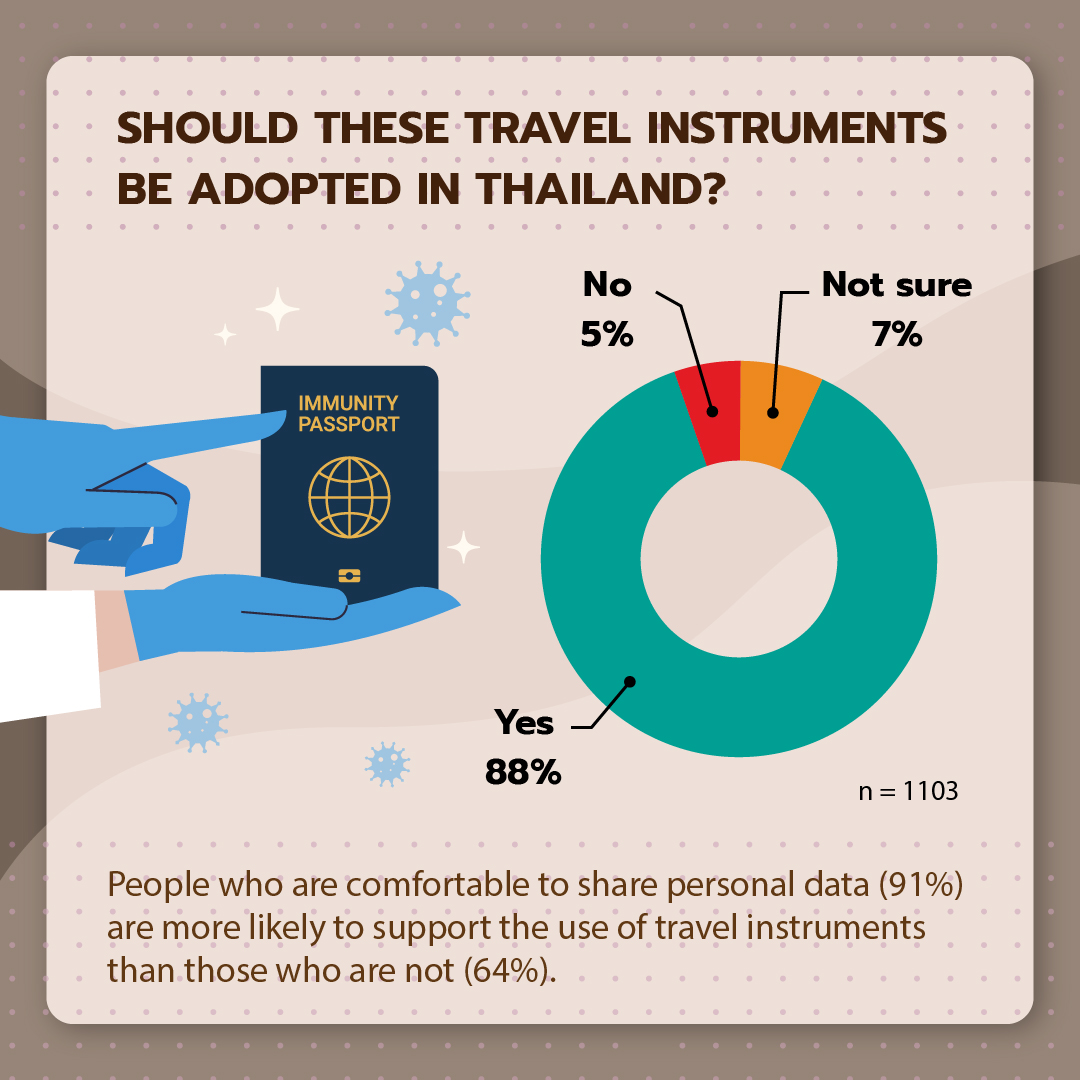
Figure 1 Adoption of travel instruments in Thailand, as perceived by respondents of the Thai public survey
How does our findings compare with other global surveys?
A survey conducted in the United States in June 2021 also found that majority of the respondents supported the idea of a vaccine passport. As in Thailand, they too recognised the challenges that could arise with the use of these instruments such as social discrimination, health inequity, fake documents, and data privacy. As shown in Figure 2, the concerns around personal data and social justice dominate among the public in Thailand. Another survey conducted by the World Economic Forum (WEF) also found strong global support for vaccine passports and identified unfair privilege of travel freedom between the vaccinated and unvaccinated to be most concerning.
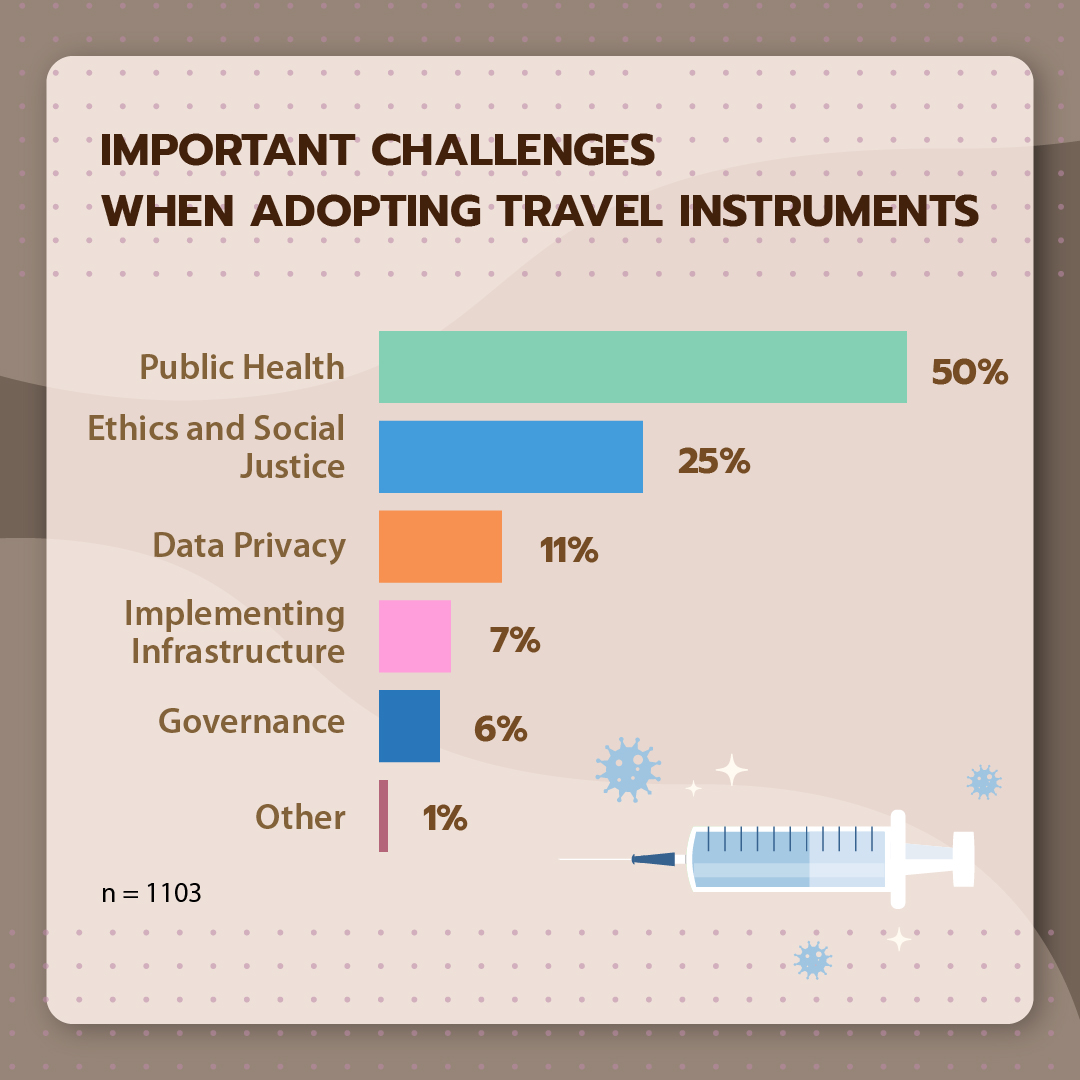
Figure 2 Key challenges when implementing travel instruments, as perceived by respondents of the Thai public survey
Implications and next steps
It is clear that vaccination certificates or vaccine passports will be instrumental in redefining the “new normal” of the COVID-19 era. While the results of our surveys may not necessarily be representative of the whole population in Thailand given the number of respondents, the results can shed light on some key considerations for policy and practice. Additionally, that more responses from other eight country surveys are being collected to complement and provide additional data for interpretation.
As we work towards the viability and uptake of these instruments, it is important to ensure high vaccination coverage, continued use of NPIs, inclusive social systems, data privacy, instituting infrastructure that is interoperable and non-discriminatory, as well as data governance. Alongside these considerations, a risk-based approach might also be important and one that is dynamic, given the rapid spread of the disease from new variants as well as the differences in the appetite for risk across different parts of the world.
The CORESIA initiative is complementing these survey results with an impact assessment study to determine the optimal testing and quarantine period for a traveller using a case study of bilateral travel between Singapore and Thailand. Results from this study together with survey results from across Asia will be used to draft guiding principles on the use of vaccination certificates. You can still participate in our public survey (English version and Thai version). To stay updated on global country policies on vaccination certificates, news, and our research, please visit our website.
Acknowledgements
CORESIA is a regional initiative led by the Health Intervention and Technology Assessment Program (HITAP) and the National University of Singapore (NUS). It is supported by the National Research Council of Thailand (NRCT). The authors would like to thank Aparna Ananthakrishnan and Sarin KC for their inputs on this blog, and for their support in launching the surveys as along with HITAP’s Communication team and Dian Faradiba.

